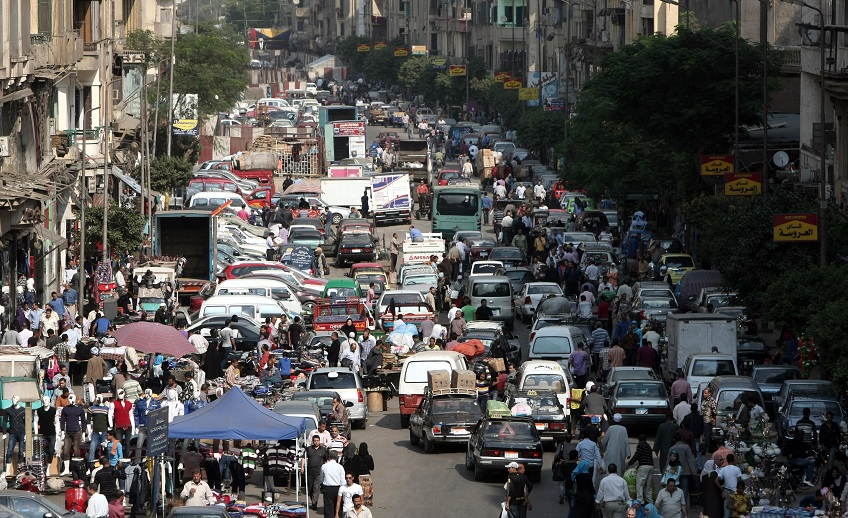The Arab Parliament and several Gulf Cooperation Council (GCC) states have expressed their support for Egypt and Sudan regarding their stance in the Grand Ethiopian Renaissance Dam (GERD) issue.
The regional support came in the footsteps of recent statements by Egypt’s President Abdel Fattah Al-Sisi defending his country’s right to River Nile water.
In a statement on Wednesday, the Arab Parliament expressed its full solidarity with Egypt and Sudan in ensuring their legitimate rights to their share of River Nile water and resolving the Ethiopian dam issue.
Egypt and Sudan are an essential and integral pillar in preserving Arab national security, and their water security is an integral part of Arab national security as a whole, the statement added.
The Arab Parliament also stressed its categorical rejection of any unilateral Ethiopian measures regarding the massive dam and access to water.
It called on Ethiopia to move away from its policy of imposing a fait accompli, which may lead to an escalation of the crisis and an increase in tension in the region.
Egypt and Sudan are calling for a binding agreement with Ethiopia regarding filling and operating the massive dam. This would take place with quartet mediation by the African Union (AU), the United Nations (UN), the European Union (EU), and the US in the negotiations on the dam, which Addis Ababa rejects.
Sudanese Foreign Minister Maryam Al-Sadiq said, “Khartoum has resorted to the quartet mechanism because Ethiopia is eluding to buy time to complete the second filling of the Renaissance Dam.”
Khartoum called on Washington to engage in constructive negotiations that oblige the Ethiopian side not to fill the dam without the consent of the other parties concerned, Sky News Arabia quoted Al-Sadiq on Wednesday evening.
US Special Envoy for Sudan, Donald Booth, stressed the necessity of reaching a legally binding and satisfactory agreement for all parties on the issue.
Also on Wednesday, Kuwait expressed its solidarity with Egypt and Sudan in their relentless efforts to maintain regional stability and their efforts to solve the crisis of filling and operating the dam.
In a press statement, Kuwait added that the water security of both Egypt and Sudan is an integral part of Arab national security.
The Yemeni government expressed its stand with Egypt in its endeavour to find a just solution to the GERD file, and support its efforts to achieve regional peace and stability.
The country’s Ministry of Foreign Affairs noted, in a statement, the importance of not taking any unilateral steps that harm their interests and water uses.
A statement issued by Oman’s Ministry of Foreign Affairs noted the country’s solidarity with and support for Egypt in its efforts to resolve the dispute over the dam. It highlighted Egypt’s efforts through dialogue and negotiations, in a way that achieves stability for the region and preserves the interests of all parties.
Earlier Tuesday, Saudi Arabia confirmed its support for Egypt and Sudan and said that their water security is an integral part of Arab security.
Saudi Arabia also confirmed, in a statement published by the Saudi Press Agency (SPA), its “support and support for any efforts that contribute to ending the Renaissance Dam file and take into account the interests of all parties”.
These reactions came hours after President Al-Sisi’s statements, during which he affirmed that “no one can prejudice Egypt’s right to River Nile waters”.
The Egyptian President also warned that any prejudice to this is a “red line”, and will have an impact on the stability of the entire region.



